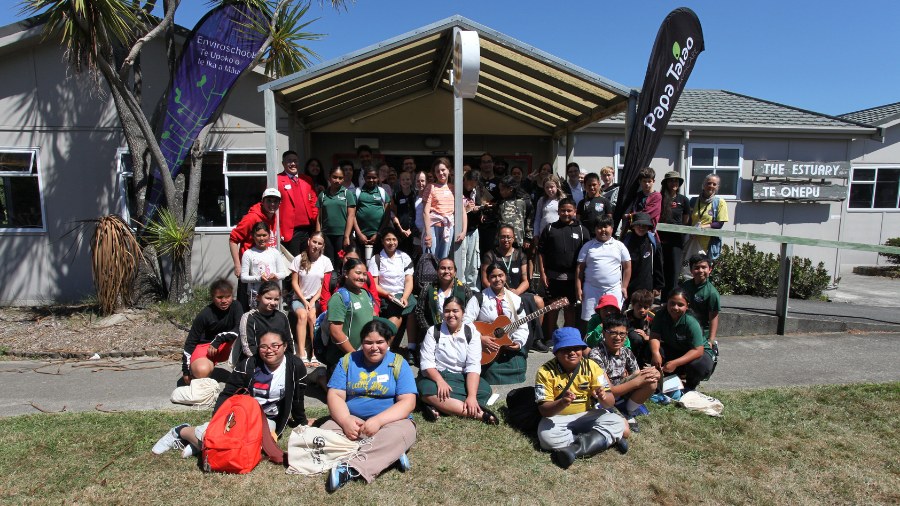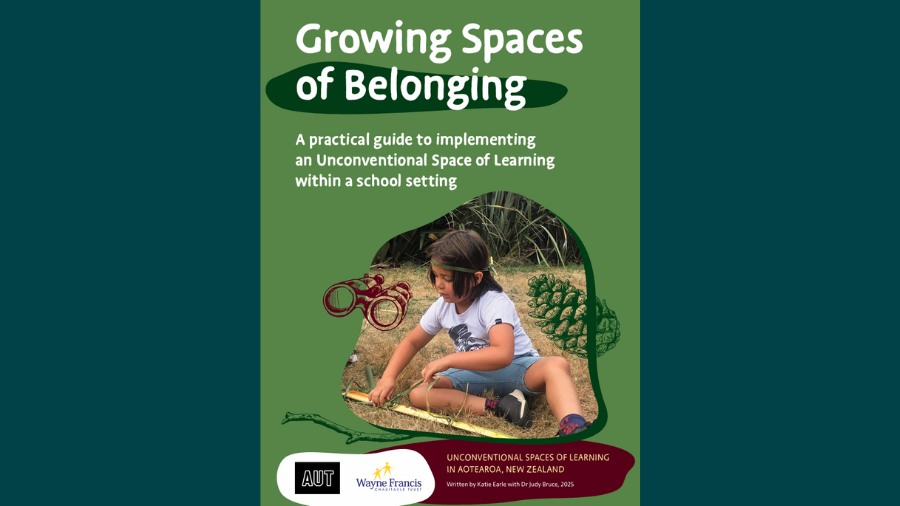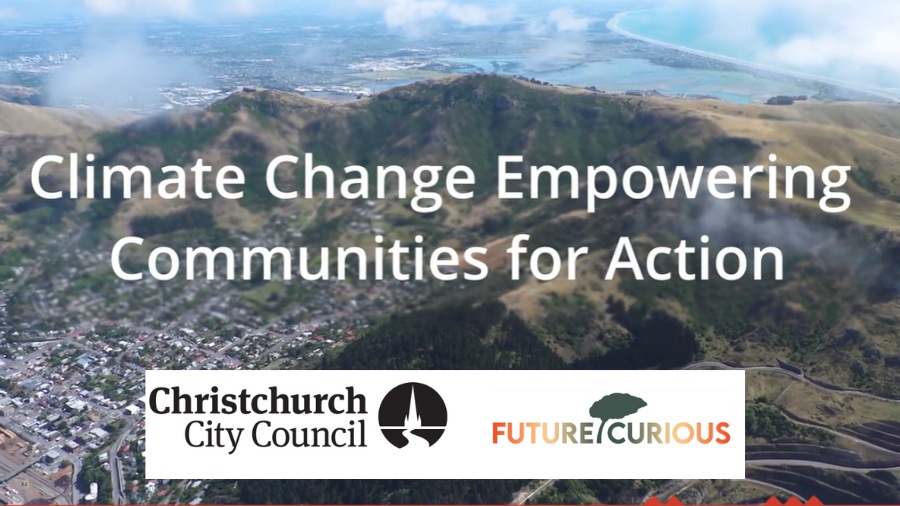Educating to live in a climate impacted world
Research conducted with secondary schools in Aotearoa between January 2021 - November 2023 has produced important findings for secondary teachers, environmental educators and the wider education sector.
The aim of the project was to develop a hopeful climate change programme. Its goal was to develop secondary students' understanding about the science of climate change, to learn about action-taking that could mitigate the effects of climate change and help them feel more hopeful about their future.
The 'Read Research' button above takes you to the Teaching and Learning Research Initiative website where you can read more about the research aims and methods, and scroll to the bottom of the page to download a PDF summary and poster of the key findings from this important research.
Key implications for educators are also included below, but we encourage you to read the full summary report for more details.
Nurturing secondary students' hope and agency: Educating to live in a climate impacted world.
Researchers: Dr. Sally Birdsall (University of Auckland - Waipapa Taumata Rau), Associate Professor Chris Eames (University of Waikato - Te Whare Wānanga o Waikato).
Research partners: Graham Stoddard (Western Springs College | Ngā Puna O Waiōrea), Sarah Gaze (Cambridge High School), Niki Harre (University of Auckland - Waipapa Taumata Rau), Dr Charlotte Blythe (University of Auckland - Waipapa Taumata Rau), Hilary Whitehouse (James Cook University, Australia).
Implications for Educators
The findings from this research suggest several implications for teaching and learning about climate change in secondary schools.
Students need:
• to develop understanding about climate change, particularly scientific, but also about the social, cultural, and economic structures in which people are entangled and how these entanglements impact on managing the effects of climate change at a community, regional, and national scale
• to learn the skills to be individually and collectively agentic towards climate change
• wellbeing support to cope with the climate-related emotions that they are feeling.
Teachers need:
• professional learning in order to engage in the interdisciplinary teaching required
• professional learning in order to support students’ climate-related emotions
• to provide opportunities for students to engage in action-taking projects that are meaningful and relevant to their lives.
At a school and policy level:
• age-appropriate resources that support teacher and student knowledge development are needed
• schools need to enable students to engage in action-taking projects
• school counsellors and other support networks might need training to provide support for students’ climate-related emotions
• schools need to consider how assessment impacts on the development of understanding, agency, and hope for climate change. For example, if the necessity to complete achievement standards is diverting attention from the development of agency, then consideration needs to be given to how achievement standards could be changed to enhance students’ agency to act on the effects of climate change.
Related Content:
NZAEE Conference 2022 recording: Sally Birdsall and Chris Eames discussed their climate education research in this video (30 mins).
Spotlight article: Climate Hope, Wellbeing and Action
Main image: Photo from School Strike for Climate NZ website






